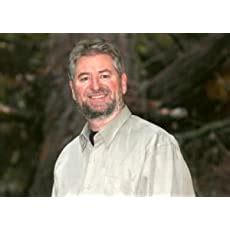A Quote by Seneca the Younger
Wisdom teaches us to do, as well as to talk; and to make our words and actions all of a colour.
Related Quotes
It is possible to be honest every day. It is possible to live so that others can trust us-can trust our words, our motives, and our actions. Our examples are vital to those who sit at our feet as well as those who watch from a distance. Our own constant self-improvement will become as a polar star to those within our individual spheres of influence. They will remember longer what they saw in us than what they heard from us. Our attitude, our point of view, can make a tremendous difference.
The quality of everything we do: our physical actions, our verbal actions, and even our mental actions, depends on our motivation. That's why it's important for us to examine our motivation in our day to day life. If we cultivate respect for others and our motivation is sincere, if we develop a genuine concern for others’ well-being, then all our actions will be positive.
Wisdom is not developable, as if it's a matter of luck or personality or genetics. Well it's just not the case. Wisdom involves our accumulated knowledge about a subject but also a reverence for life, for an understanding that our immediate actions have long-term consequences, and for an appreciation that there are different ways of knowing and understanding situations.
[Grace] is given not to make us something other than ourselves but to make us radically ourselves. Grace is given not to implant in us a foreign wisdom but to make us alive to the wisdom that was born with us in our mother?s womb. Grace is given not to lead us into another identity but to reconnect us to the beauty of our deepest identity. And grace is given not that we might find some exterior source of strength but that we might be established again in the deep inner security of our being and in learning to lose ourselves in love for one another to truly find ourselves.









































